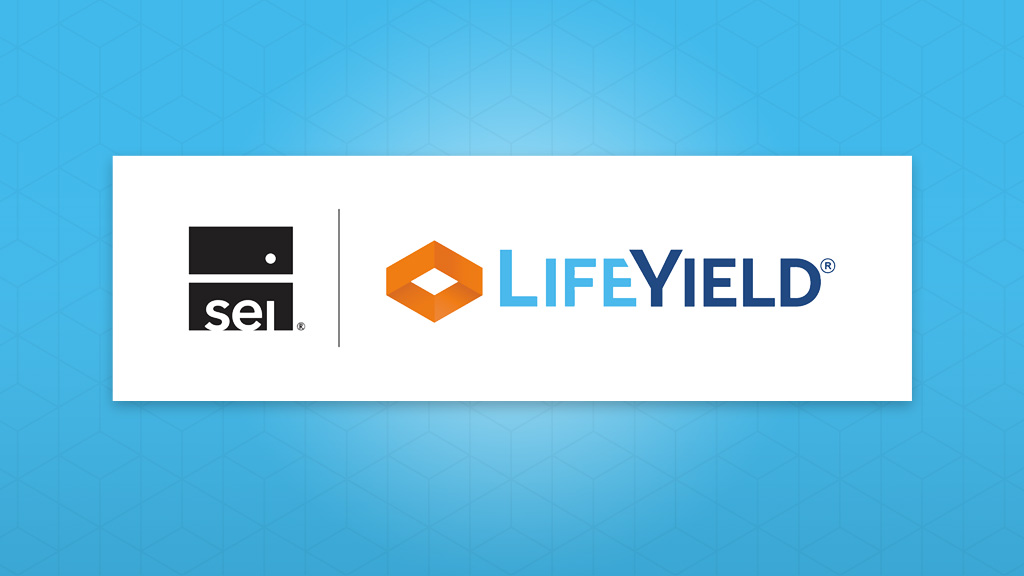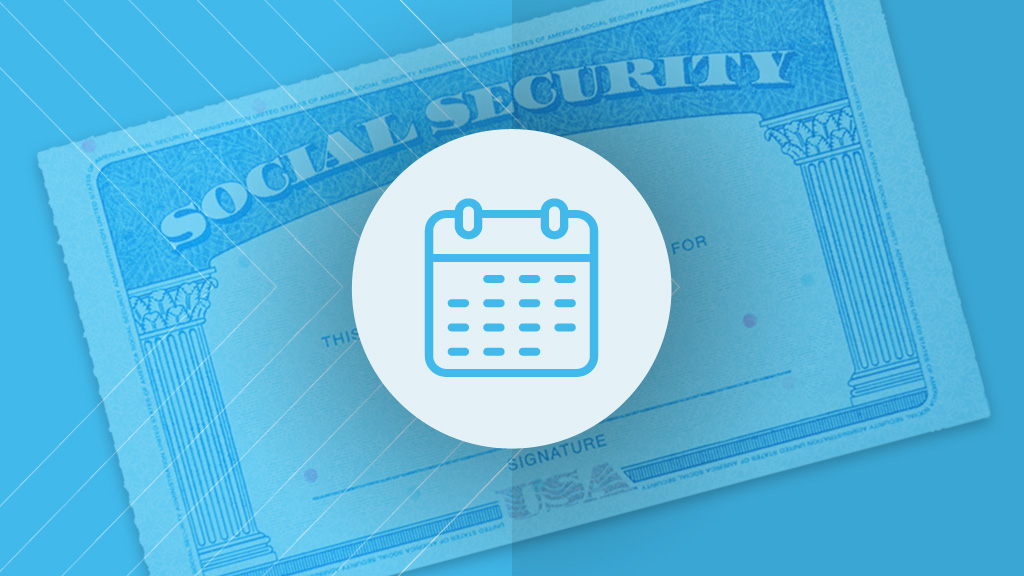With the Unified Managed Household, the Center Can Hold

Turning and turning in the widening gyre
The falcon cannot hear the falconer;
Things fall apart; the center cannot hold…
– From The Second Coming, by William Butler Yeats
The swirling of life events – the “gyre” in Yeats’s poem – create financial challenges for households throughout their members’ lives, up to and after they retire. Financial advisors who take the unified managed household (UMH) approach can prevent things from falling apart.
Unified managed household, or UMH, describes how advisors, enabled by technology, can manage all tax-qualified and taxable accounts owned by members of a client household for optimal tax efficiency and maximum income in retirement.
We are passing into the third year of a cataclysm: a global pandemic. It has looked at times as if the center could not hold. At the same time, more individuals than ever before are peering into retirement. What are they to do?
Yeats wrote, “Surely some revelation is at hand…” If only it were.
Absent divine revelation, I have the following advice for individuals intent on retirement planning and the financial advisors who serve them. My recommendations are based on years of studying the effects of taxes on income. This experience led me and my colleagues at LifeYield to develop technology that has moved the unified managed household from aspiration to reality.
1. Work, and for as long as possible.
Couples who make up households have unique opportunities to manage together their careers, their savings, and their investments. They should view each career as contributing to a portfolio to support their family and save for retirement.
There will be many employment surprises, and betting on two careers rather than one substantially increases expected lifetime earnings.
Neither household member should casually join the “Great Resignation” or the “Great Retirement.” They should, instead, take advantage of employers offering flexibility in work arrangements, such as remote work and hours, to earn income.
This is why: Paychecks vanish at retirement, but taxes do not.
2. Ramp up tax-qualified savings while working.
Both working household members should maximize qualified contributions to their 401(k)s or other plans (especially with employer matches), to reduce their taxable income and increase their capacity for tax-deferred investing.
They can tap savings or withdraw funds from taxable brokerage accounts to fund the contributions, if needed.
Working couples should not consider Roth individual retirement account (IRA) conversions. These are funded by voluntary IRA withdrawals taxed at very high rates while they are working. Income tax rates will decline significantly after they retire.
I’ll have more to say on timing Roth conversions later.
3. Manage household investments as a team to minimize taxes and maximize savings.
A couple will benefit enormously from managing investments together. Before retirement, tax rates will be high – on investment income, on interest and short gains, as well as on dividends and long gains. This is because a couple’s earnings will use available deductions as well as low and medium tax brackets.
They can, however, reduce the taxes they pay on investments by:
- Holding low taxed low-yield bonds (or municipal bonds) and low turnover stocks in brokerage accounts.
- Hiding highly taxed high-yield bonds and high turnover stocks in IRAs and other tax-advantaged accounts, such as 401(k)s.
Because a couple anticipates future (tax-safe) contributions to the latter accounts, they can be justified in having high exposure to stocks in a diversified portfolio.
As an aside: Options and bets on favorite individual stocks may seem like fun (especially when a public health crisis limits other entertainment). But at a minimum these activities lead to high taxes, and at a maximum to substantial losses.
4. Keep up the teamwork in planning for retirement.
Couples contemplating retirement need to unite to make informed decisions about:
- When each member will retire.
- How to manage non-investment income, such as Social Security benefits, pensions, and annuities.
- How to invest in and withdraw from their IRAs and brokerage accounts.
Again, neither person in the household should casually join the “Great Retirement.” Each missed year of earnings will reduce available retirement income (from account withdrawals) by 3% to 5%.
If both members are healthy, they should also delay filing for Social Security until age 70. The government kindly provides an 8% annual bonus in benefits between an individual’s full retirement age and age 70. This is money they should not pass up.
5. Get organized, with the help of a skilled financial advisor.
Any couple has a lot to learn about retirement spending, income, and taxes. They need to organize their thinking and their investment accounts by:
- Rolling up their brokerage accounts (preferably into one), and
- Reducing their IRAs to one per member (with one remaining 401k).
Most couples will want to reduce their investment risk as they approach retirement. The exception is if they are willing to reduce their spending after sustained periods of low investment returns – which, history tells us, are inevitable.
This is not a job for amateurs. A household will benefit from working with a financial advisor schooled in the unified managed household approach and equipped with the software to apply UMH practices to the portfolio.
6. Apply the unified managed approach starting in early retirement.
There is no dress rehearsal for retirement. Most couples will support themselves in retirement with:
- Non-investment income such as Social Security and pensions, minus taxes (yes, Social Security benefits are subject to income tax – a surprise to many).
- Deliberate and focused withdrawals from investment accounts. Doing these at the right time and in the right sequence will make more money available as income through lower taxes.
The individuals need to become a functional unified managed household. They should, together, determine how much they will want to have to spend (after taxes) on all expenses. Their goal is to be able to sustain a long retirement without prematurely exhausting their investment accounts.
Households with significant IRA savings can reduce their taxes with a planned sequence of withdrawals. An advisor using advanced investment software can show them how to make some voluntary withdrawals at the beginning of retirement to take advantage of:
- Deductions and lower tax brackets, available to them by delaying filing for Social Security benefits, and
- The absence of required minimum distributions (RMDs) from many retirement accounts before age 72.
Couples with limited savings may benefit from income annuities, which provide income both to the annuitant and a survivor. Some may need only a deferred income annuity (often called “longevity insurance”), which makes payments only if one or both reaches old age.
7. Adapt the unified managed household approach to generate income as members age and needs change.
As years pass, any household strategy will have to adapt to the members’ changing circumstances, needs for income, and options for minimizing their tax exposure.
If a household has sufficient brokerage assets to fund spending and pay taxes on IRA withdrawals, the members may sensibly use voluntary IRA withdrawals to fund contributions tax-free Roth accounts (often called “Roth conversions”).
Some wealthier households will benefit from placing stocks with large gains in the separate account of a failing household member. The cost basis will step up fully as opposed to half in a jointly held account.
Alas, many households will have one member survive alone into late old age. A unified managed household takes on a different meaning when the financial agility of the surviving member declines.
UMH involves having a trusted advisor, a third party and/or child, to supervise investment and withdrawal decisions. Simplicity and reliability matter more than ever to prevent things from falling apart.
Monthly insights from our Chief Growth Officer, Jack Sharry
Get exclusive insights and interviews from around the industry

 By
By 




